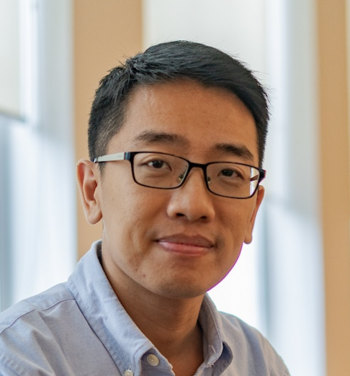Whither Southeast Asia?

What are Southeast Asia’s prospects? How well equipped and prepared are its people to cope with current and future shocks from inside and outside their region? With significant exceptions including the wars in Indochina after 1945 and the 1965-66 bloodshed in Indonesia, Southeast Asia’s modern history since World War II has been relatively peaceful. In recent times the region has had its share of turbulence. Nevertheless, the multidimensional 2022 Global Peace Index ranks nine of the ten Southeast Asian states as more peaceful than the United States. On the 2021 Democracy Index, four of the Southeast Asian ten are outright “authoritarian,” while the other six join the US in being “flawed democracies.” What do these and related trends imply? In addition to politics and geopolitics, visiting scholar Gita Wirjawan’s view of Southeast Asia’s future will touch upon socioeconomic, cultural, and environmental aspects as well.

Via Zoom Webinar
Gita Wirjawan
Gita Wirjawan joined the Walter H. Shorenstein Asia-Pacific Research Center (Shorenstein APARC) as a visiting scholar for the 2022-23 and 2023-2024 academic years. In the 2024-25 year, he is a visiting scholar with Stanford's Precourt Institute for Energy. Wirjawan is the chairman and founder of Ancora Group and Ancora Foundation, as well as the host of the podcast "Endgame." While at APARC, he researched the directionality of nation-building in Southeast Asia and sustainability and sustainable development in the U.S. and Southeast Asia.





